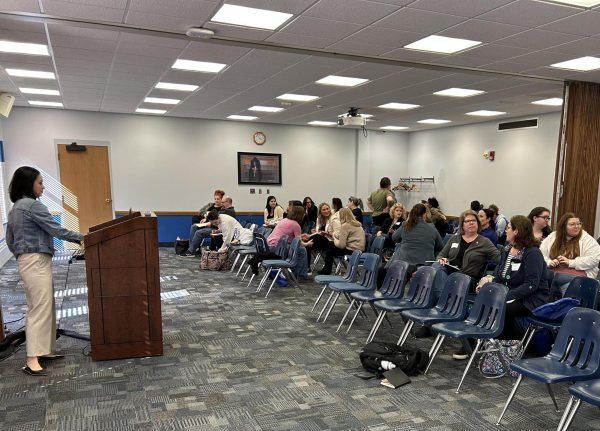Students learn about anti-vaccine movement
Skepticism over the safety of vaccines has existed since America began, according to Robert D. Johnston, an associate professor of history at the University of Illinois in Chicago.
Johnston outlined the history of the anti-vaccination movement at the Doudna Fine Arts Center Lecture Hall on Monday in a speech titled “The Politics of Vaccination in American History.”
Johnston, who is sympathetic to those who oppose vaccinations in general and compulsory vaccinations in particular, said that opposition to modern vaccinations began with skepticism over the earliest forms of inoculation.
Until modern vaccines were developed in the early 20th Century, doctors would deliberately infect patients with a disease by taking the blood and puss from the pustule of a sick, or recently inoculated person and introduce the fluids into the bloodstream of a healthy person. This led to other diseases being transmitted from patient to patient.
In his overview of the history of opposition to vaccinations, Johnston invoked Mahatma Ghandi, Frederick Douglass and George Bernard Shaw as defenders of the cause.
Johnston described the 1920s as “the quiet years” in the anti-vaccination movement. Because the nation was dealing with a polio epidemic, “people worshiped doctors.”
“The movement has grown into one that we see in the newspapers all the time,” Johnston said. “We see (coverage) about the HPV vaccine, which is now somewhat a mandate for young girls and women, but very soon could be for young men as well.”
A study published in the English medical journal The Lancet in 1998 is credited with helping to establish the idea of a link between vaccines and autism. The study has since been discredited and the journal printed a full retraction in 2010. But suspicions over the compliance of doctors and health officials with the moneyed interests of drug companies continue to drive the anti-vaccination movement.
Johnston said he wants the concerns of vaccine skeptics addressed and for their voices to be heard, calling for “a more democratic science.”
“We should bring more voices, more perspectives, into the public sphere, even on matters that seem like they belong in the realm of the elites,” he said.
Dave Balson can be reached at 581-2812 or dsbalson@eiu.edu.




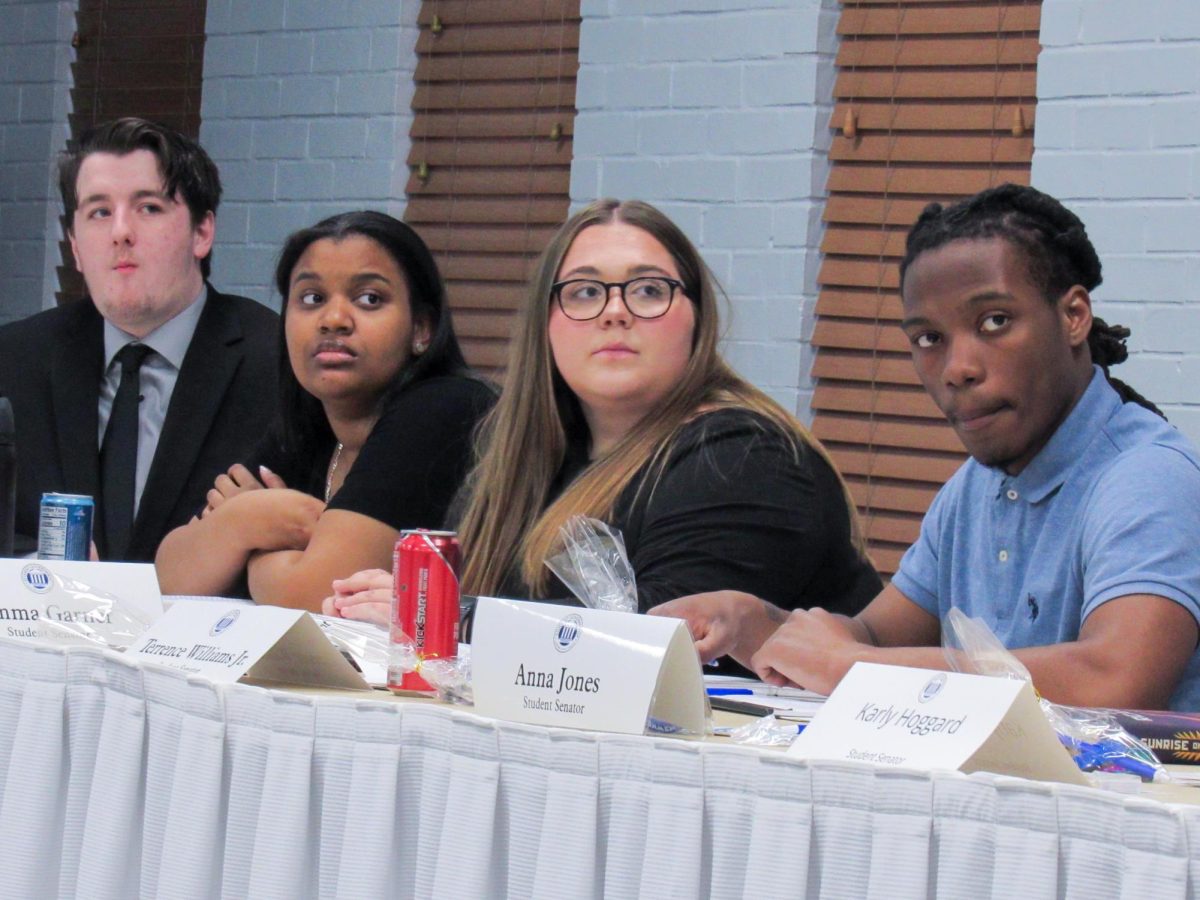
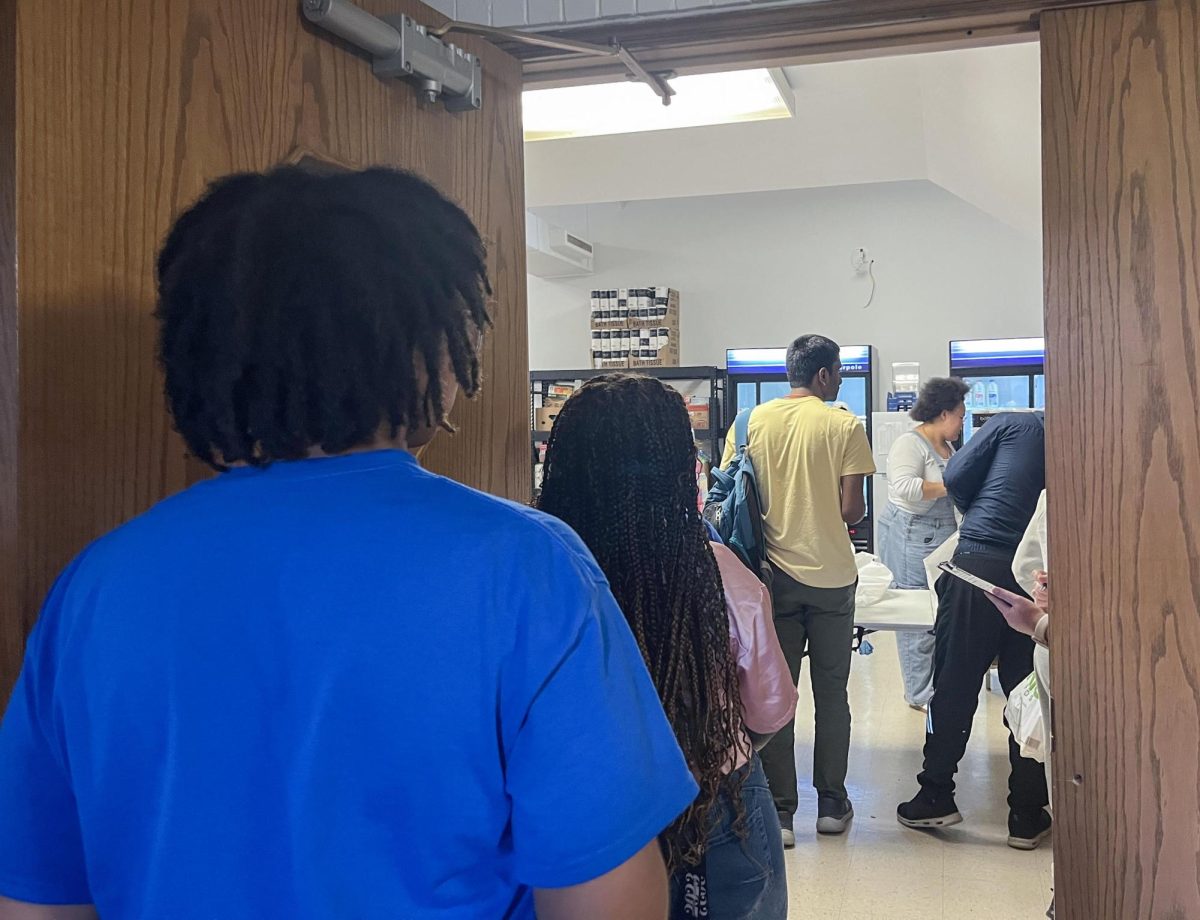



![[Thumbnail Edition] Senior Foward Macy McGlone, getsw the ball and gets the point during the first half of the game aginst Western Illinois University,, Eastern Illinois University Lost to Western Illinois University Thursday March 6 20205, 78-75 EIU lost making it the end of their season](https://www.dailyeasternnews.com/wp-content/uploads/2025/03/WBB_OVC_03_O-1-e1743361637111-1200x614.jpg)
![[Thumbnail Edition] Junior right-handed Pitcher Lukas Touma catches at the game against Bradley University Tuesday](https://www.dailyeasternnews.com/wp-content/uploads/2025/03/MBSN_14_O-e1743293284377-1200x670.jpg)

![[Thumbnail Edition] Eastern Illinois University baseball senior utility player Tyler Castro fields a ground ball during the team's first intrasquad scrimmage of the season on Jan. 31.](https://www.dailyeasternnews.com/wp-content/uploads/2025/03/BB_01_O-e1742874760130-1-e1742907504722-1200x911.jpg)






















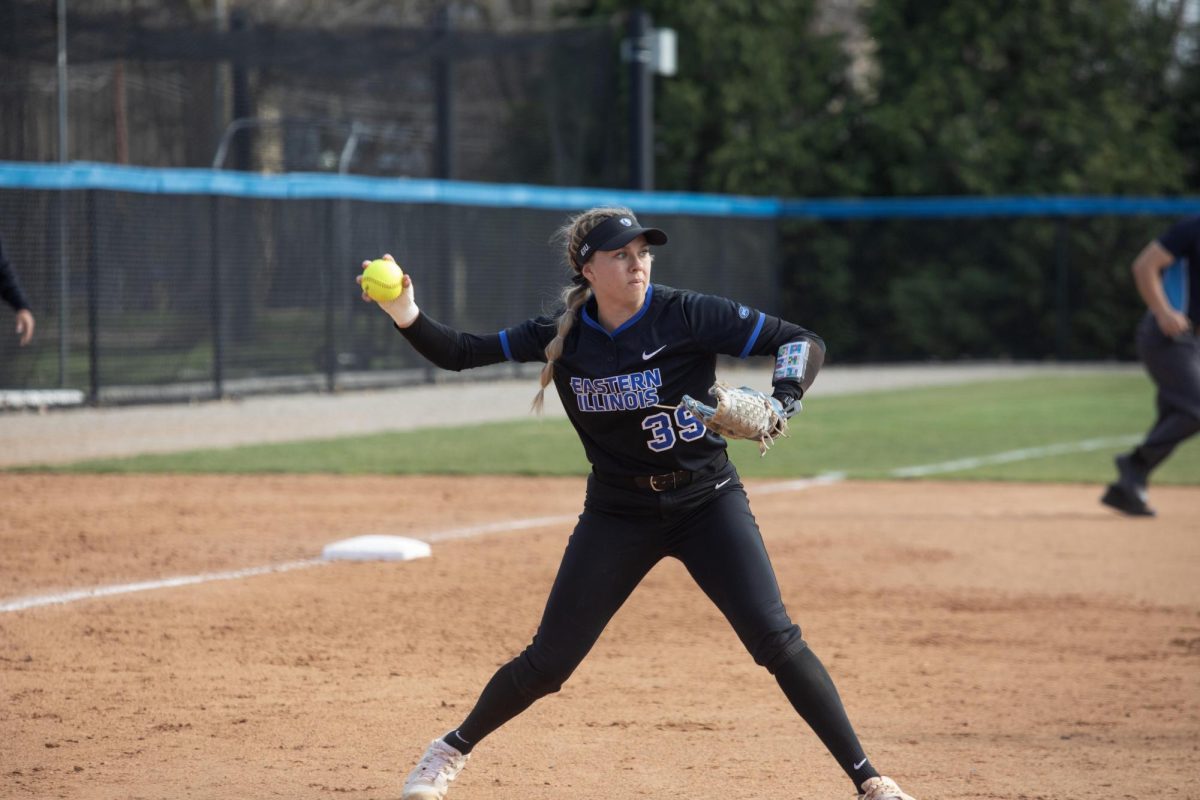
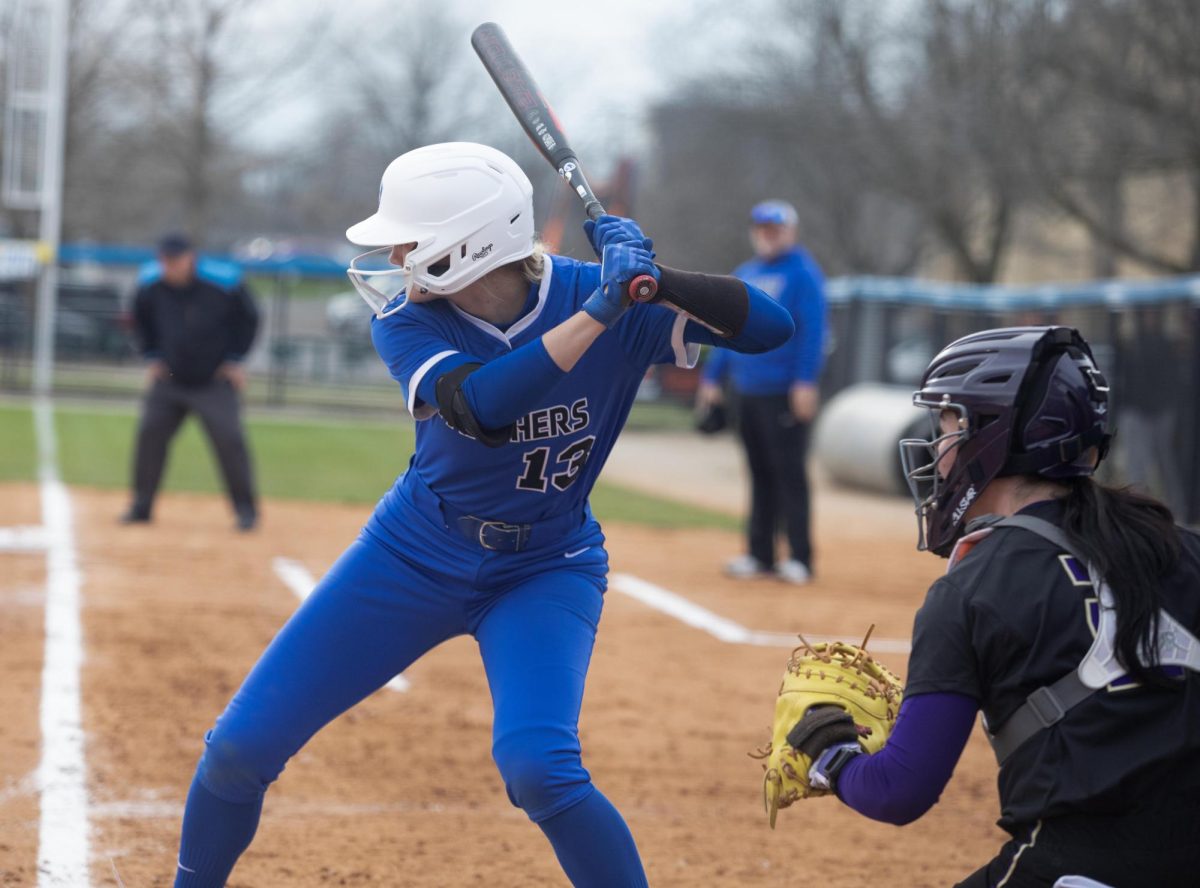














![The Weeklings lead guitarist John Merjave [Left] and guitarist Bob Burger [Right] perform "I Am the Walrus" at The Weeklings Beatles Bash concert in the Dvorak Concert Hall on Saturday.](https://www.dailyeasternnews.com/wp-content/uploads/2025/03/WL_01_O-1200x900.jpg)
![The team listens as its captain Patience Cox [Number 25] lectures to them about what's appropriate to talk about through practice during "The Wolves" on Thursday, March 6, in the Black Box Theatre in the Doudna Fine Arts Center in Charleston, Ill.](https://www.dailyeasternnews.com/wp-content/uploads/2025/03/WolvesPre-12-1200x800.jpg)

















